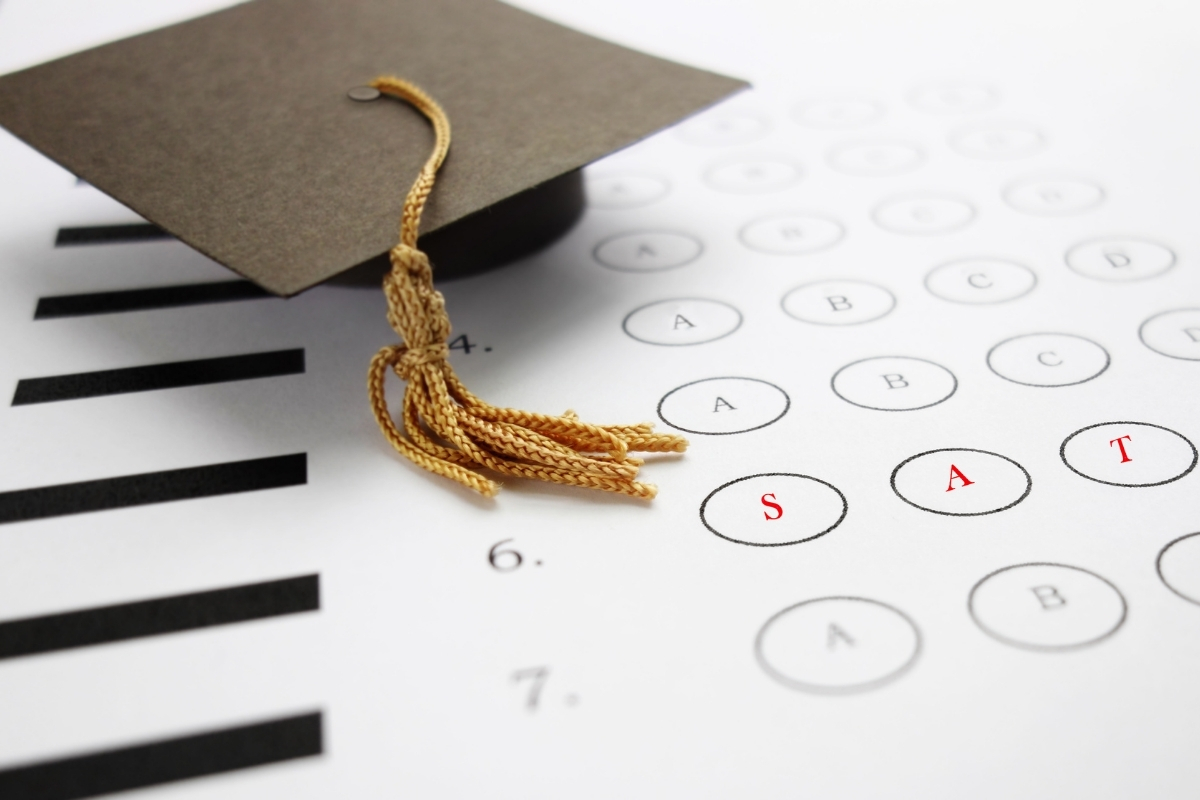You may have noticed some big announcements from the College Board earlier this week. They are discontinuing SAT II subject tests as well as the optional essay. But what exactly does that mean and how does that change your college application process?
FLS Tutors has all the details for you below, as well as tips and tricks for succeeding regardless!
What has changed?
Firstly, did you know that there were actually two kinds of SAT? The SAT I is the 1600 point general college admissions exam that so many high school juniors and seniors take. However, they were also SAT II subject exams. These 60 minute exams were offered in a range of topics and allowed students to demonstrate their ability in math, foreign languages, English, science or other academic subjects.
These second kind of tests have been discontinued in the United States effective immediately, although there will still be two administrations for international students in May and June.
Secondly, the SAT I also offered an optional essay. This essay was scored separately from the multiple choice test, without impacting the out of 1600 point score. This part of the SAT I will be discontinued in June 2021.
Why Is It Changing?
The College Board, the company charged with administering both the SAT I and SAT II, as well as AP exams, gives quite a few reasons for these changes. They hope that removing these parts of the test will help to reduce and simplify the demands on students, a process that was underway before but was accelerated by the COVID-19 pandemic. They also point to other ways in which students already are able to demonstrate the abilities tested by the essay and SAT II exams—namely the Writing and Language component of the SAT I and AP exams.
Because the SAT II exams are administered on the same days and times as the SAT I, discontinuing the SAT II exams immediately also allows College Board to make more seats available for students taking the SAT I, as sittings continue to be cancelled and the number of registrations available remain low due to the COVID-19 pandemic.
I’m registered for a subject test/the essay. What should I do?
All students registered for subject tests will have their registration fees refunded automatically. They will not be able to take these exams.
All students registered for the optional essay in the spring (March, May, June) will have the option to cancel their essay section with no fee. However, FLS Tutors recommends that our students take the essay regardless.
Why? The SAT essay is a fairly simplistic example of close reading, in which students read a short essay or speech, previously published elsewhere, and examine it for rhetoric strategies. With adequate preparation (we can help with that!) scoring well on the SAT Essay is not difficult.
Additionally, even if the SAT I essay is being discontinued, admissions officials in various colleges and universities will still be familiar with the test and what it shows. An excellent SAT essay score can still help burnish a college application.
I was planning on taking the SAT II subject test/the essay. What should I do instead?
Firstly, don’t panic. As the College Board has said, one of the reasons they are discontinuing these elements is because there are other ways to demonstrate these skills. If you are applying to a school that required subject tests, it may be a good idea to reach out to the admissions office to see if they will be instituting any additional requirements. (This also shows “demonstrated interest,” which will bolster your application at many universities.) In a more general sense, your AP exams will serve a similar role, allowing you to prove your talent in a particular subject. Redouble your efforts in these classes and consider acquiring a test preparation book, using the available free resources to help, or seeking out a tutor.
For students planning on taking the essay, your Writing and Language score will become more important, as will your personal statement on your application. Spend the time you would have on the essay prepping for the Verbal part of the SAT or revising your personal statement.



